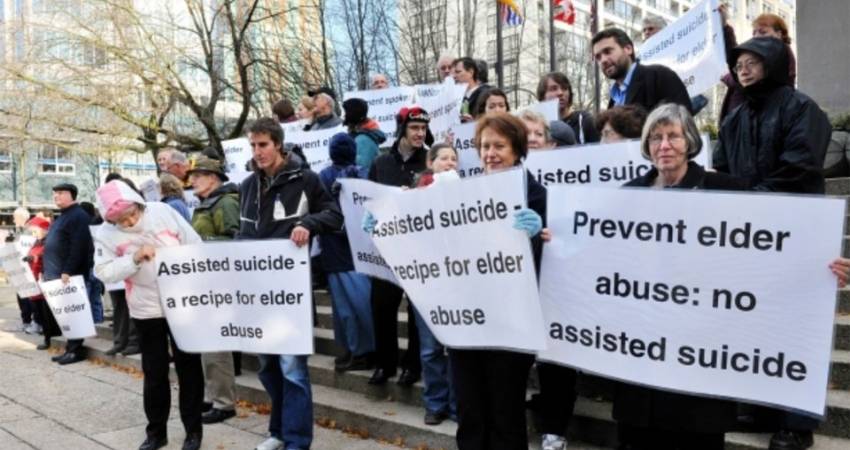
Danish ethics council will outline why they voted against assisted suicide
An Oireachtas Committee examining assisted suicide will hear today from the Danish National Council on Ethics who will discuss why they voted by a huge majority last year against its introduction.
The Danish Council will tell TDs and Senators that they came to the decision to oppose assisted suicide “particularly based on findings of developments in broad regimes of assisted dying”.
Professor Merete Nordentoft said in a opening statement submitted to the Committee that the ethics board did not believe “that legislation can be developed which will be able to function properly” having reviewed the models of assisted dying in Oregon and the Netherlands.
She said the Council has concerns “about the ability to adequately monitor and restrict the practice and possible expansions” and that their review had found that: “In the Netherlands, which allows euthanasia and has no requirement for terminal illness, the number of people who die through assisted dying is 10 times greater than in Oregon, which only allows assisted suicide and requires a terminal illness.”
Prof Nordentoft said the Council were of the view that “If we offer assisted dying, it says, directly or indirectly, that some lives are not worth living.”
The majority of the ethics council were of view, she said, that the only thing that will be able to protect the lives and respect of those who are most vulnerable in society will be a ban without exceptions.
“We argue that assisted dying risks causing unacceptable changes to basic norms for society and healthcare,” she will tell the Oireachtas Committee.
The Committee has heard evidence from both proponents and opponents of assisted suicide.
Earlier this month, it heard that people with disabilities have “huge concerns” about the proposal to introduce assisted suicide in Ireland when they already lack so many critical supports.
The remarks were made by Peter Kearns, an academic and disabled activist who serves as Development Officer with the Independent Living Movement of Ireland (ILMI).
Kearns warned that the introduction of assisted suicide in Ireland “could lead to disabled people making choices where, through lack of supports, they begin to view themselves as a ‘burden’.”
The Committee also heard that “voluntary assisted dying should be legalised as a choice for Irish people”, according to Swiss organisation Dignitas.
Last week, the President of the Irish Medical Council told the Committee that the removal of its ban on “deliberate killing” from its updated guidelines was not the body “taking a stance or paving the way for any possible future change” when it comes to assisted suicide.
The newly published ethical guidelines given to doctors by the Irish Medical Council no longer contain a ban on the deliberate killing of Irish patients.
Máirín de Barra
This article first appeared on gript and is published here with permission
Featured
- Campaign to stop EU funding out of state abortions - tell your EU commissioner to vote NO
- Judge recuses himself from case of woman praying in censorship zones for “apparent bias”
- I’m a Celebrity star criticises “sad” UK law that aborts babies with Down Syndrome up to birth
- British actress speaks out on “serious risk” assisted suicide bill has for those with eating disorders
- Caplan’s “Tragic Hysteria of Abortion” discusses the flaws with mainstream Turnaway Study interpretations
- Backlash as Scotland report proposes legalising sex-selective abortion up to birth
- Canada hits new record as 1 in 20 deaths a result of Euthanasia
- Ben Scallan defends pro-life on TV show Dinner with the Enemy
- Influencers share the loss of their beloved unborn baby
- Dublin woman with cancer says unborn child was sent to save her
- Mother and baby doing well after surgery for mother’s cancer during pregnancy
- Josiah: Abortion Survivor
- Loving the Unborn
- Rally for Life 2025
- Don't assist Suicide 2024
You can make a difference.
DONATE TODAY